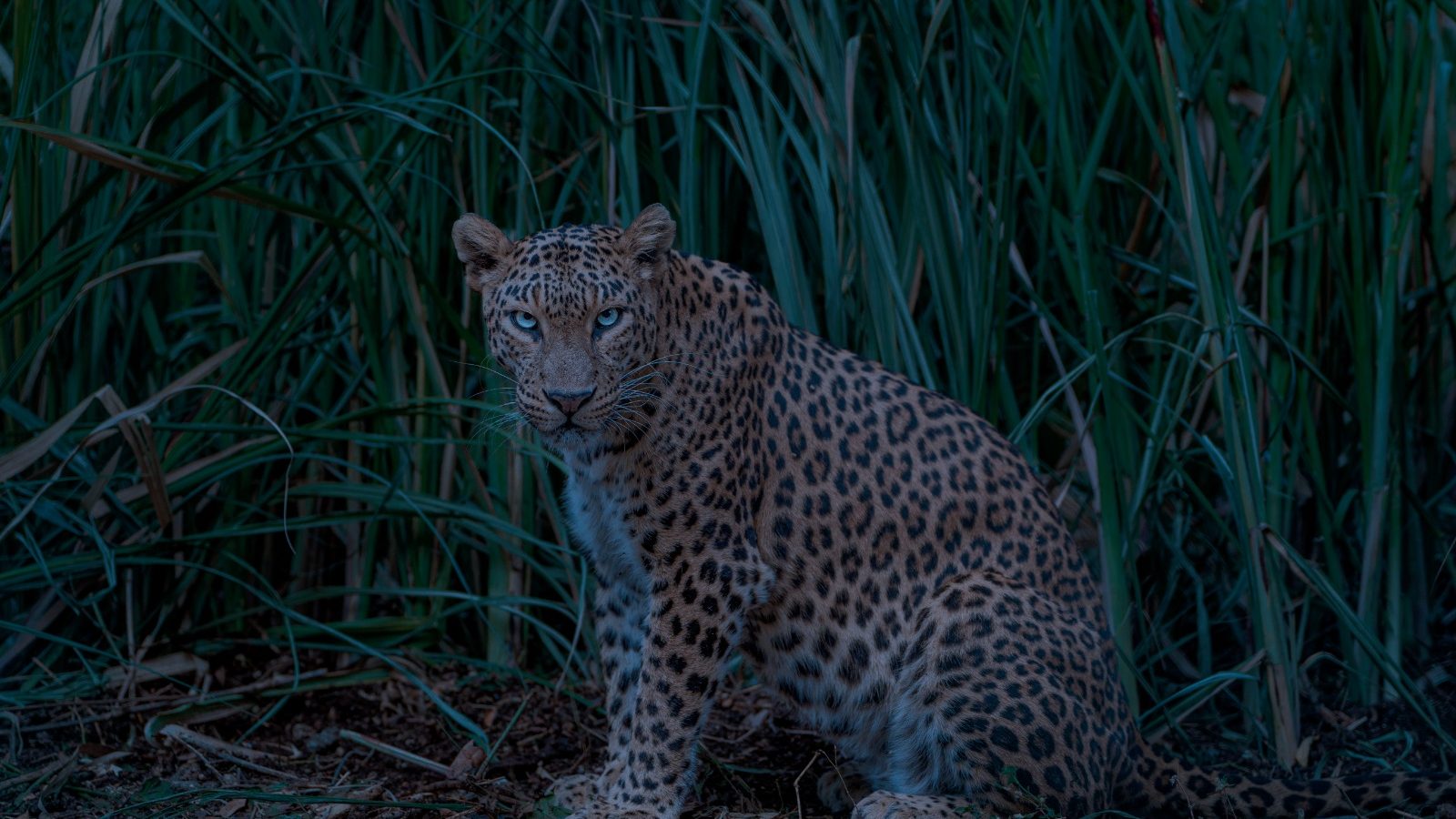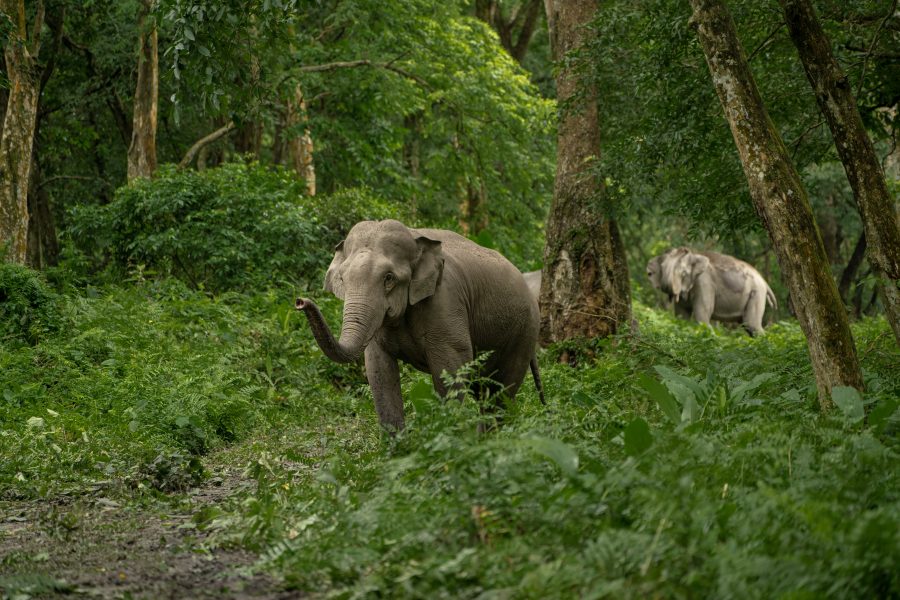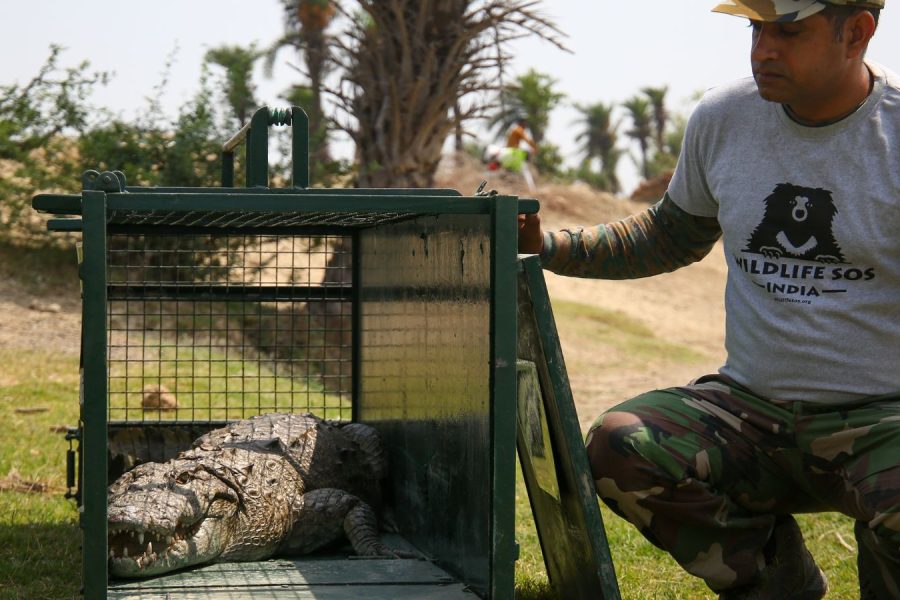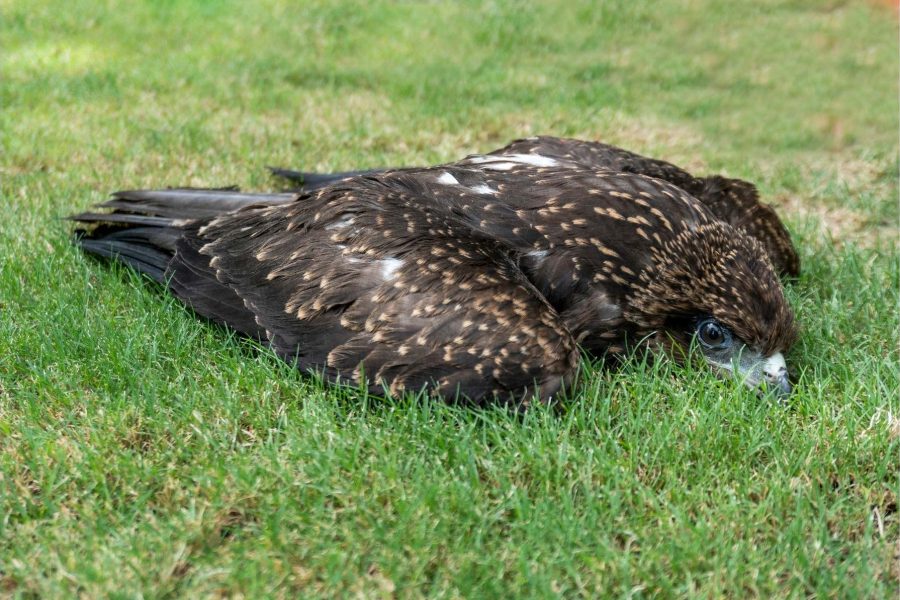The impact of information is more when it is shared amongst people. When knowledge about wildlife conservation is spread through discussions and communication, it empowers us to think and act. Did you know that leopards, the magnificent spotted cats, are classified as ‘Vulnerable’ by the IUCN Red List due to habitat loss and conflict with humans? Wildlife SOS is a leading conservation organisation working tirelessly to protect these elusive creatures. Organised awareness sessions on wildlife have led several communities residing close to forested regions to understand the significance of leopards, and respond appropriately in case they encounter one. After all, a healthy planet requires a cautious, yet healthy, interaction between all living beings. Let’s review the different kinds of seminars Wildlife SOS has recently had the opportunity to host and participate in.
Awareness Session in Maharashtra
By nature, most wild animals are shy, and their primary instinct is to avoid humans. Leopards, in particular, are even more elusive, but have been involved in many instances of conflict in Maharashtra. Wildlife SOS, in collaboration with Maharashtra Forest Department, conducted an awareness session on April 10 at the Shri Vitthal-Rukmini Temple near the marketplace in Srirampur, Maharashtra. Gathering a large crowd of over 2,000 individuals, with approximately 500 people sitting inside the temple, the session delved deep into leopard behaviour so that a harmonious coexistence with these animals could be fostered. Covering key topics such as precautions to be taken around leopard habitats, do’s and don’ts in their presence, and strategies for handling encounters, the session highlighted the importance of responsible actions. With insights shared by experts, the audience gained valuable knowledge on how to mitigate conflicts and navigate potential encounters.
Empowering the Next Generation
In Shree Sadguru Sitaram Maharaj Madhyamik Vidyalaya, Pimpri Pendhar, Maharashtra, an awareness session was conducted on April 1 for a group of 45 school children. These students represent a community called Van Mitra that is responsible for conserving trees and sharing what they know about them with their family and neighbourhood. A three-member team from Wildlife SOS and the Maharashtra Forest Department reached the school to hold a 45-minute session that was led by Wildlife SOS’s Project Manager in Maharashtra, Mr. Mahendra Balu Dhore. Valuable ways to protect wildlife, with special focus on leopards, were discussed with the young and interested attendees. They learned that if a leopard falls into a well, throwing stones at it isn’t right, and a platform is required to lift and save the feline. They also found out that leopards usually attack prey that is below their eye level, and about the important steps one needs to take in order to avoid conflict with the big cat. By gaining an understanding about leopard behaviour, the attentive students then raised notable questions with heightened curiosity. The session effectively sensitised the promising generation about nature and animals.
Wildlife SOS at Assam’s First International Wildlife Conference
Wildlife SOS participated in the first-ever International Wildlife Conference organised by the Department of Forest and Environment of Bodoland Territorial Region (BTR), Assam, at Bansbari in the Manas Tiger Reserve. Held from February 16-18, the three-day conference served as a platform for various organisations to advocate for wildlife protection and encourage dialogue on crucial conservation issues. Renowned international personalities and delegates from seven states of India attended this milestone event. The esteemed guests included Shri Promod Boro, Chief Executive Member of BTR, Shri Suman Mohapatra, IFS, Additional Principal Chief Conservator of Forests, BTR, Kokrajhar, and Shri Akash Deep, IAS, Principal Secretary, BTR, Kokrajhar, who laid emphasis on the significance of collaborative efforts in advancing wildlife conservation agendas.
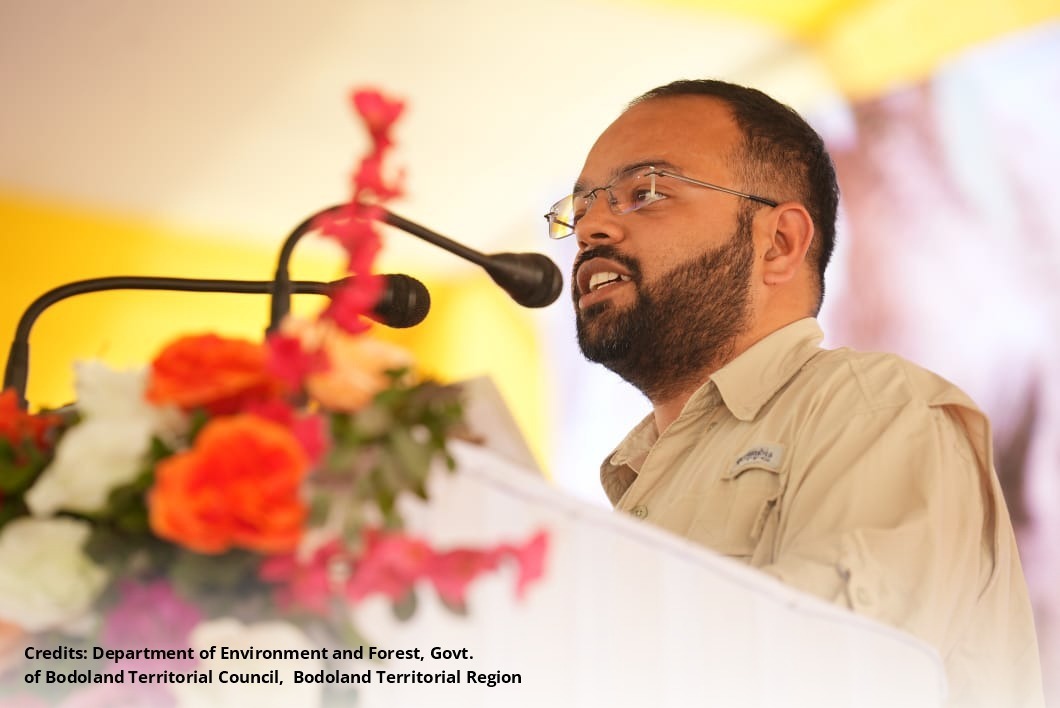
Wildlife SOS’s Deputy Director–Special Projects Mr. Wasim Akram focused on the theme of human-wildlife interaction. He addressed the direct and indirect impacts of human activities on wildlife, including illegal wildlife trade and conflicts. Moreover, the organisation shed light on proactive measures to mitigate these challenges to attain positive human engagement in wildlife conservation efforts.
Engaging with Students in Karnataka
On January 25, National Tourism Day, and on January 26, World Environment Education Day, the organisation’s Bangalore team conducted educational activities and awareness sessions at the Bannerghatta Zoo. Here, amidst the tall trees, the zoo transformed into a pleasant classroom and gathered fun-filled participation by all those attending it.
Wildlife SOS team believes in involving young minds in its aim to spread conservation awareness. This is why another colourful event was held on World Environment Education Day — an art competition! Around 25 students from a government school in Bangalore enthusiastically participated with creative paintings on wildlife. These paintings definitely made for a sight to behold!

The Wildlife SOS Bangalore team also organised sessions in four government schools that are located around Bannerghatta National Park. Two sessions with engaging activities were organised at SOS Children’s Village on February 3 and February 25 respectively, igniting a spark of environmental awareness in the students. On February 8, around 10 students from Valistus International School volunteered at Wildlife SOS’s Bannerghatta Bear Rescue Centre (BBRC), while 15 students from Oxford Engineering College visited the centre. The two groups got the chance to witness the rescued bears, and were apprised of the efforts being made to care for them. The organisation also conducted a session in Vasavi Education Trust in Bellary on February 10, which was featured in the local newspaper Bellary Belagayithu. The Bangalore team wrapped up the first quarter of 2024 on a high note, hosting a session and panel discussion at Maharani Lakshmi Ammanni College For Women on World Forestry Day, March 21.
Interactive Events on World Wildlife Day
World Wildlife Day takes place on March 3 every year, and this year, Wildlife SOS actively engaged in a series of events aimed at not only raising awareness about the importance of wildlife conservation, but also how individuals can contribute to its protection. In Dachigam, Kashmir, an interactive session and an educational tour was organised for school students that received great participation. Meanwhile, in Bangalore, a wildlife-themed art competition was held for children at the Oceanus Greendale apartments. In Mumbai, at the Sanjay Gandhi National Park, a compelling panel discussion was conducted highlighting the significant role of women in the wildlife sector. The positive response from each event throws light on how the concern among people about our planet’s wild inhabitants is on the rise.

Clean Up Drive in Bengaluru
As a conservation organisation, Wildlife SOS is aware of how vital it is to keep areas, especially those around national parks, clean. For the occasion of Save the Elephant Day (April 16) this year, the BBRC team collaborated with the Bannerghatta National Park (BNP), Champakadhama Temple Committee, the panchayat, local police, and a large number of volunteers to pick up disposed garbage near the wildlife park that also includes known elephant corridors and animal crossings. At the end of the drive, about 250 bags of plastic garbage were collected, creating a needed alarm among participants and observers about pollution in green zones.
On April 16, Wildlife SOS held a special webinar on Baby Bani’s health progress, reflecting the essence of Save the Elephant Day. It was presented by the organisation’s expert veterinarians Dr A. Sha Arun and Dr E. Gochalan, and was moderated by Mr. Neellohit Banerjee, Wildlife SOS’s Press and Communication Officer. Bani is currently undergoing regular physiotherapy and hydrotherapy sessions. She still has a long road ahead on her healing journey, as her doctors prepare the next phase of her treatment. To help support her medical and emotional care, do consider sponsoring Baby Bani.
If you would like to connect with Wildlife SOS to hold awareness sessions at your school, university or workplace, kindly email us at education@wildlifesos.org.

